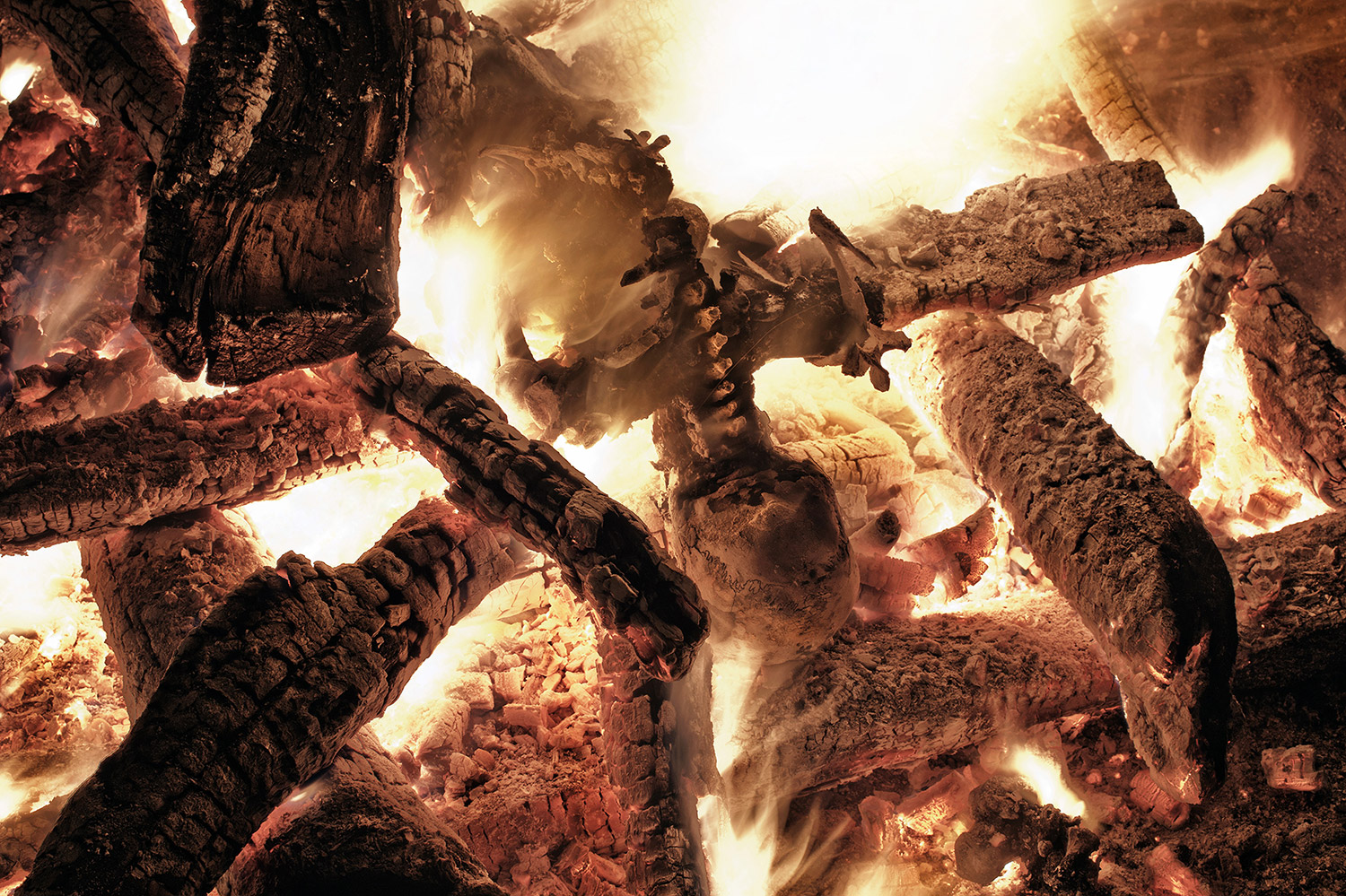
The northern Indian city of Varanasi, perched on the banks of the Ganges river, is perhaps the oldest continuously inhabited city in the world, a site that has drawn pilgrims literally for millennia. It’s famed for its burning ghats—the sloped-approaches to the waterfront where for centuries devotees have brought their deceased loved ones for cremation, then floating the ashes into the mighty, holy Ganges. Some Hindus still believe it’s auspicious to pass away on these steps. In Varanasi’s morning fogs and along its shrine-lined streets, visitors can feel an ancient, intangible power, a sense of place that is defined more by ritual and time than geography.
Varanasi’s burning grounds drew critically-acclaimed photographer Fazal Sheikh, whose latest project, Ether, on exhibit at Pace/MacGill gallery in New York City till Oct. 20, is the product of his own nocturnal wanderings in the old town. New York-born Sheikh’s two earlier India-based projects—Moksha (2005), of a community of widows, and Ladli (2007), portraits of young women in orphanages, hospitals, brothels—had a decidedly engaged, political edge. Ether is less so. “Other documentary pieces of mine are much clearer in the pointed nature of what I wanted to say,” says Sheikh, who first came to prominence with his work from refugee camps in Kenya. “This project is a bit more open and broad. It’s an exploration of a mood.”
Sheikh’s vigil would begin at nightfall and end at dawn. “Ether” itself is that mysterious, unfathomable fifth element of the universe—the others being water, air, fire and earth—and is a property Sheikh attempts to articulate in his work. He makes elemental gestures throughout: The embers of a fire glow with an almost cosmic intensity. The stars wink and gleam in a night sky. Four dun-colored city strays curl into the trammeled earth.
Sheikh describes working in Varanasi as “a sort of nurturing experience. The whole place was calming; there was a kind of quiet.” In Ether, there is a dreamy, contemplative quality to the pictures, but it rarely feels overly sentimental. Departing from Sheikh’s earlier portraiture, many of Ether’s images are of bodies—both those of sleepers and the dead—who don’t directly engage the camera. The inability of a photograph to fully penetrate its subject fascinates Sheikh: “There are some things that a person holds for themselves, some things that will remain inaccessible.” But if there are visions of a world beyond our world, its traces are in the ether.
Fazal Sheikh is a photographer based in Zurich, New York City and Kenya. His latest project Ether, is on display on exhibit at Pace/MacGill gallery in New York City till Oct. 20.
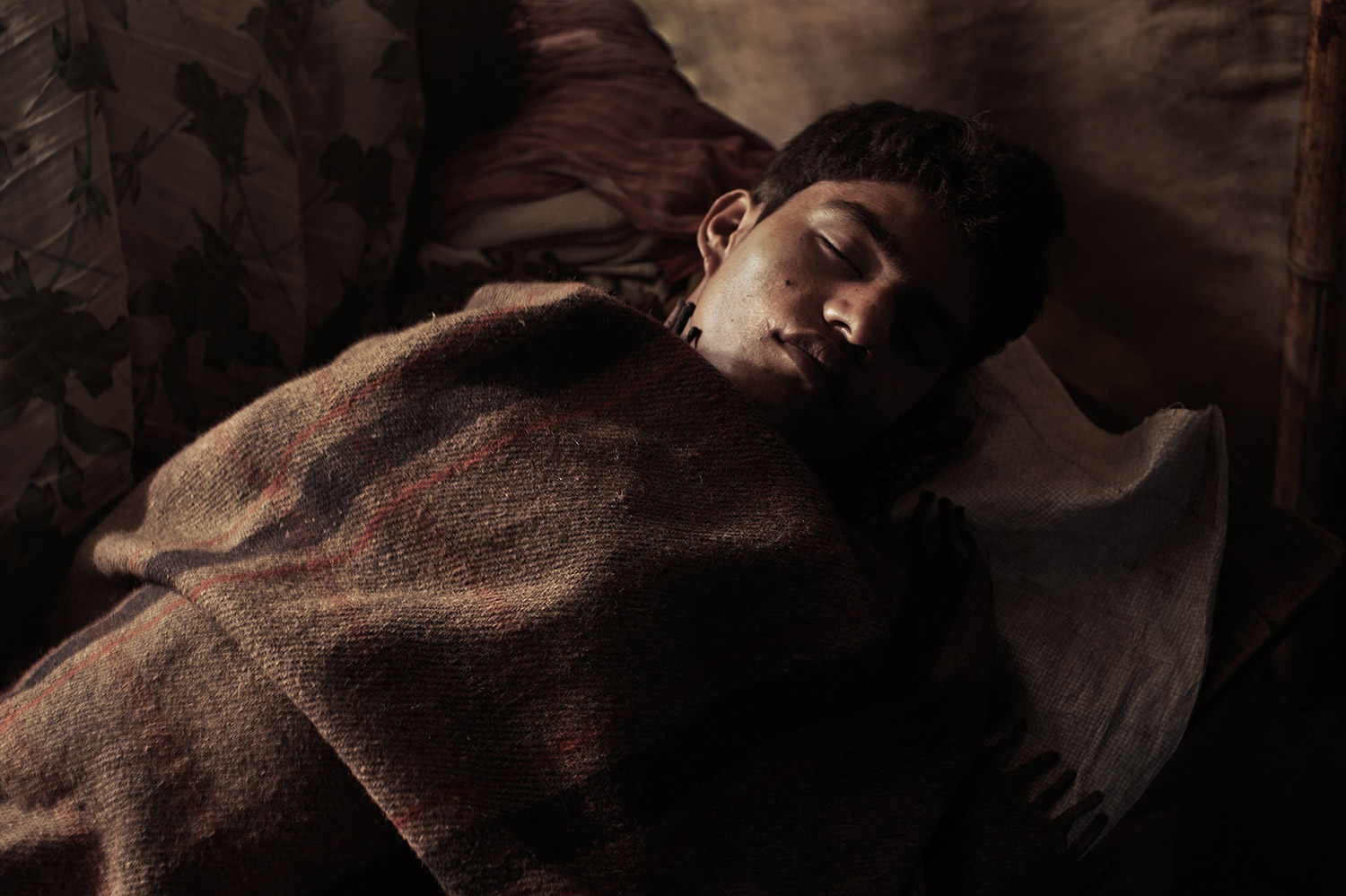
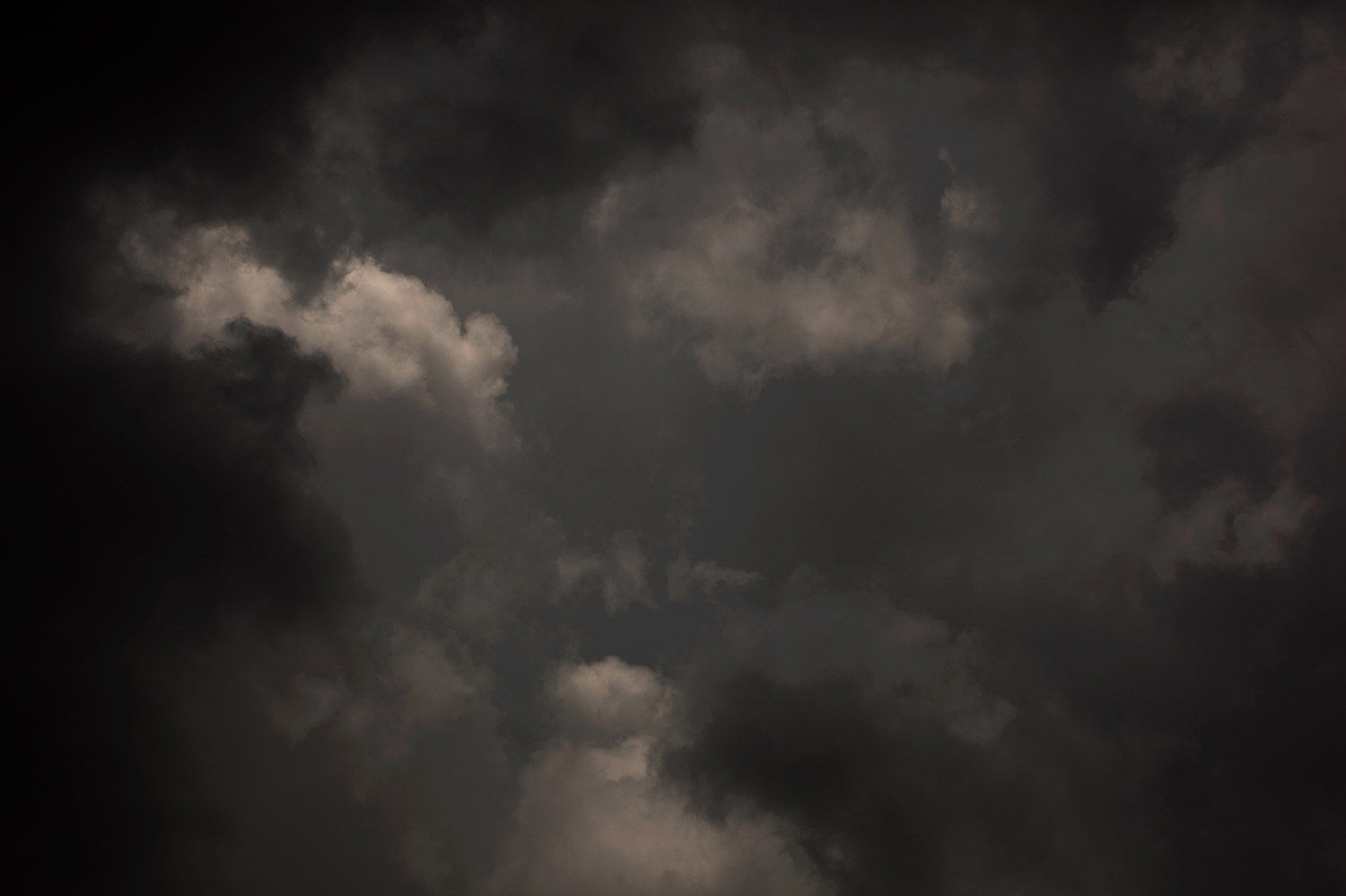
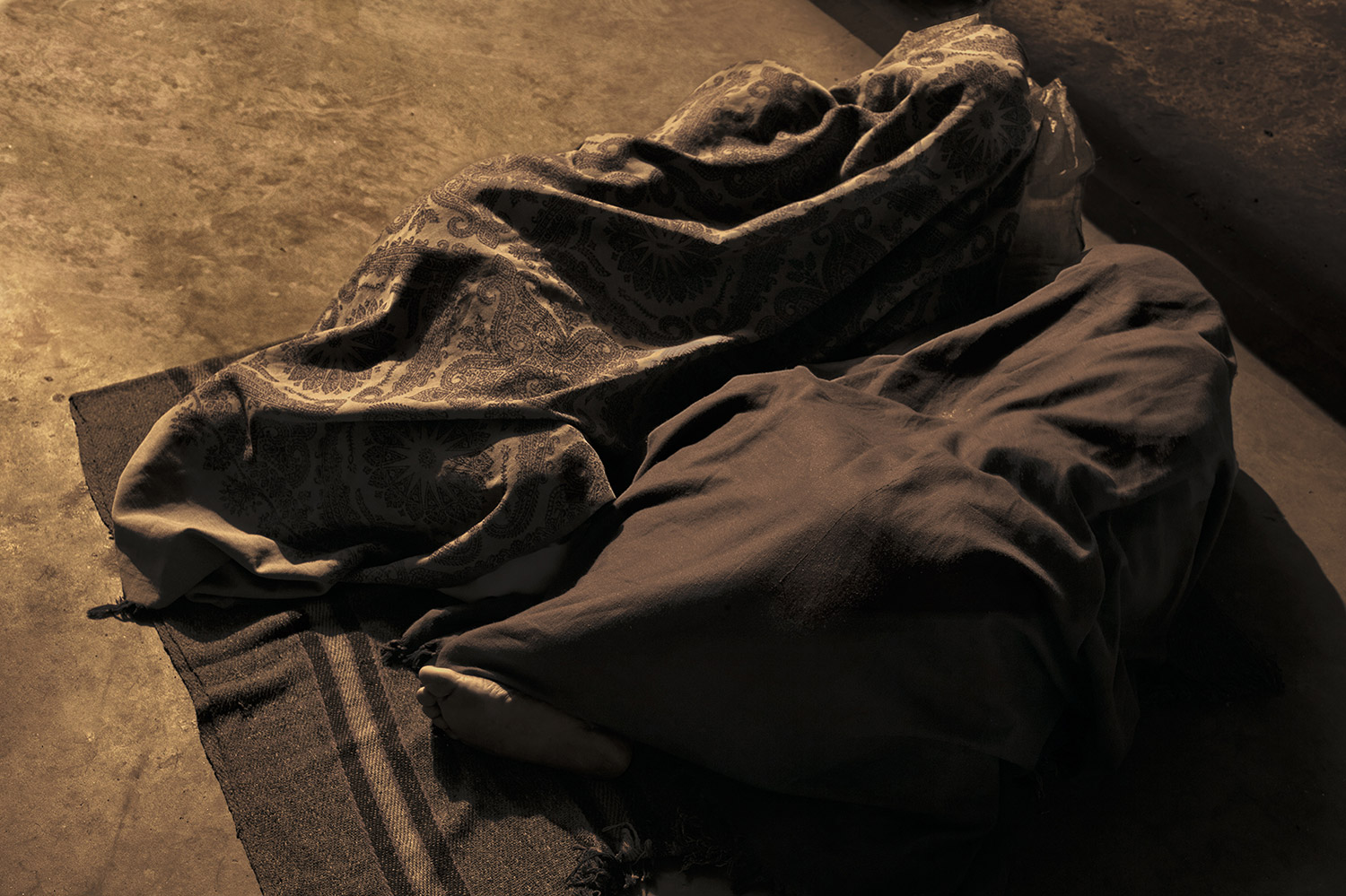
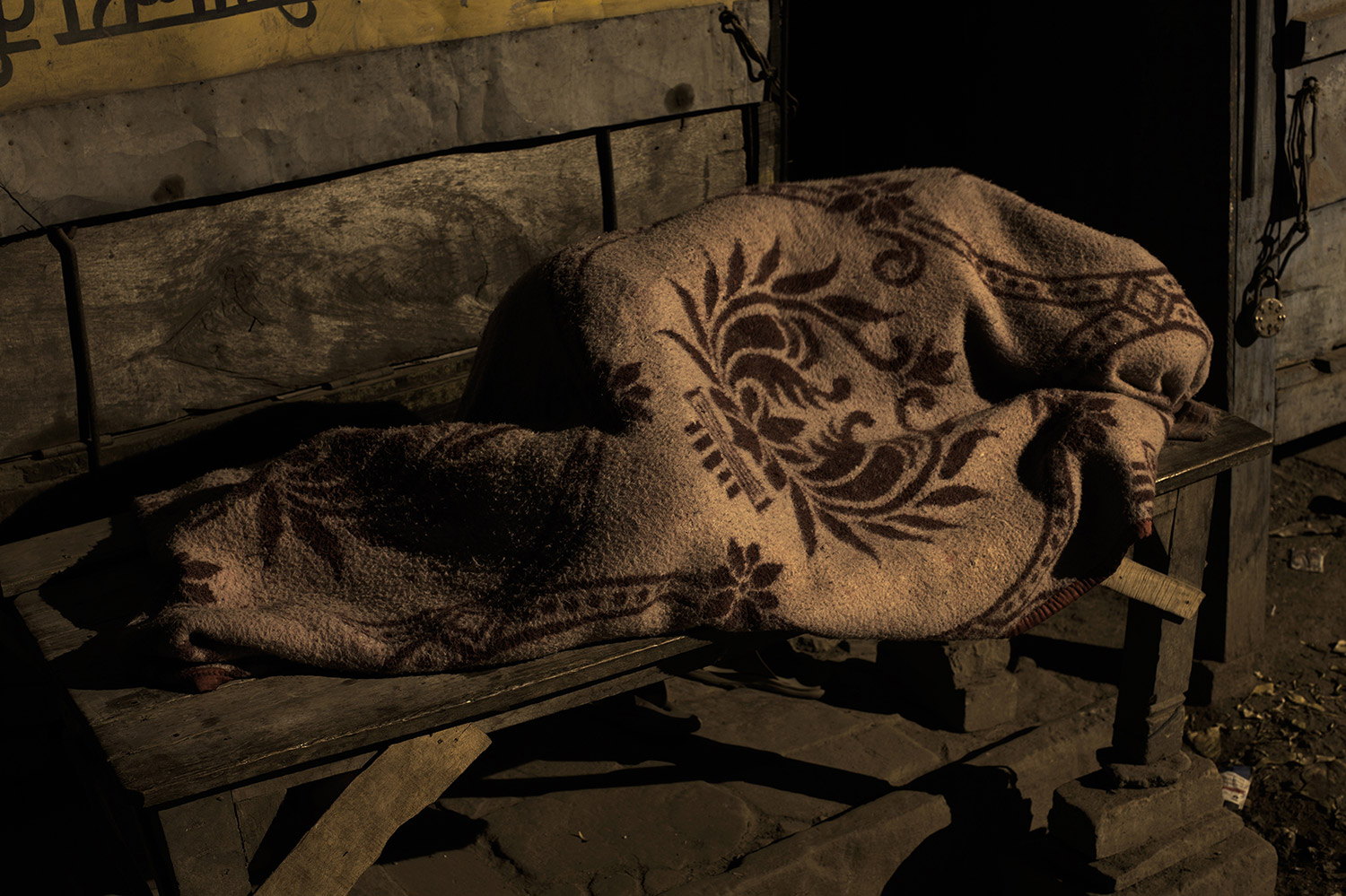
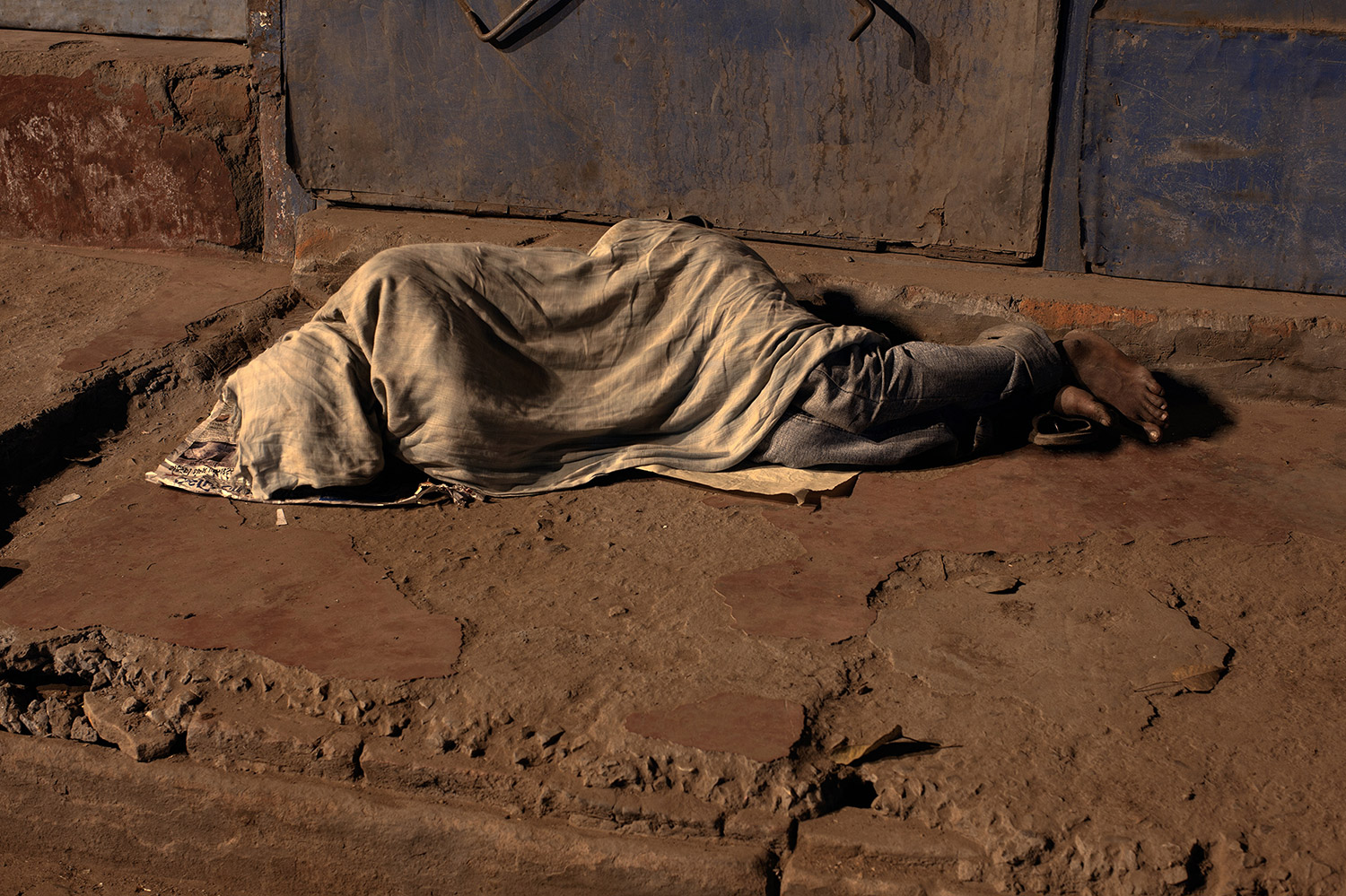
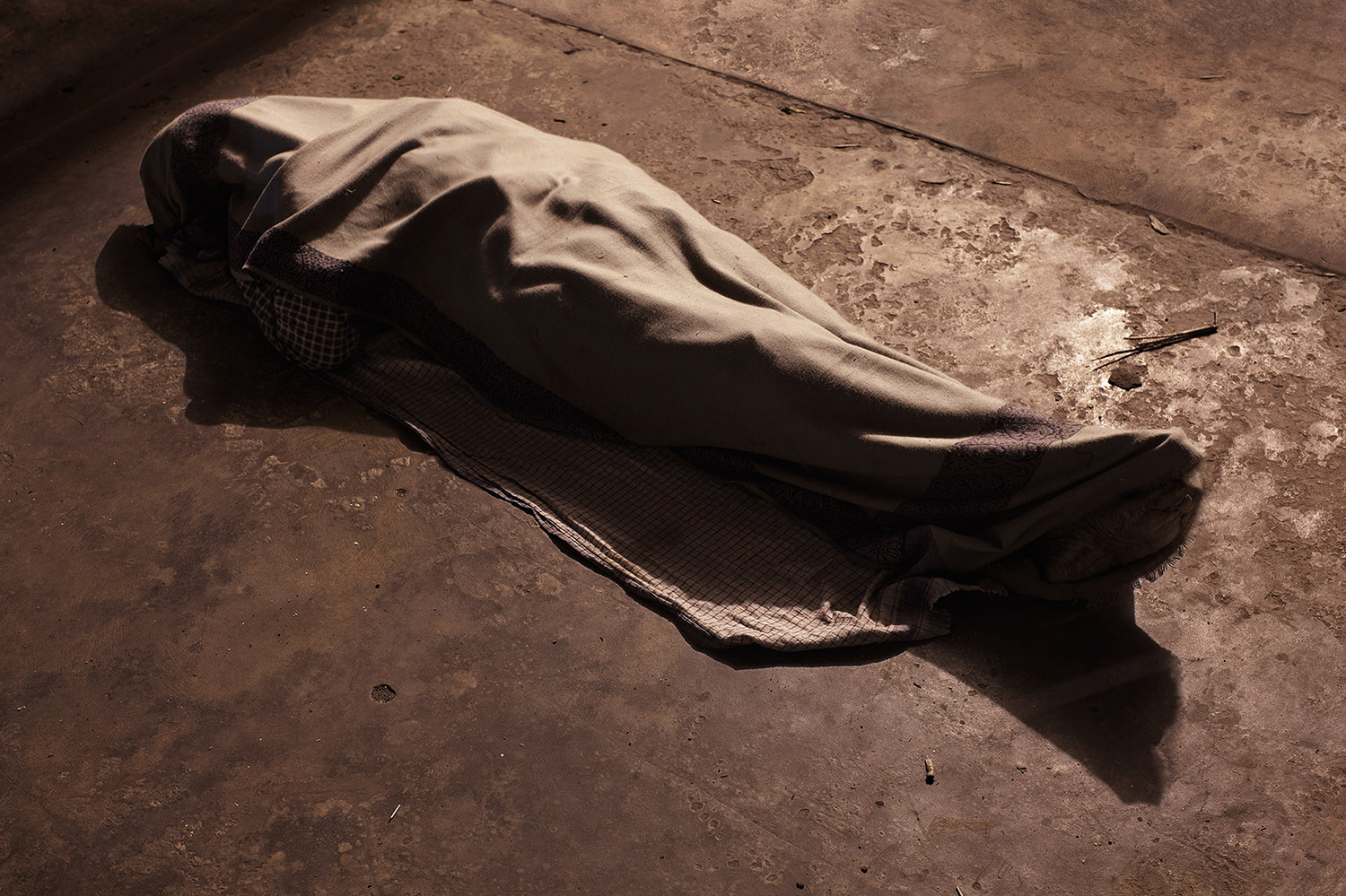
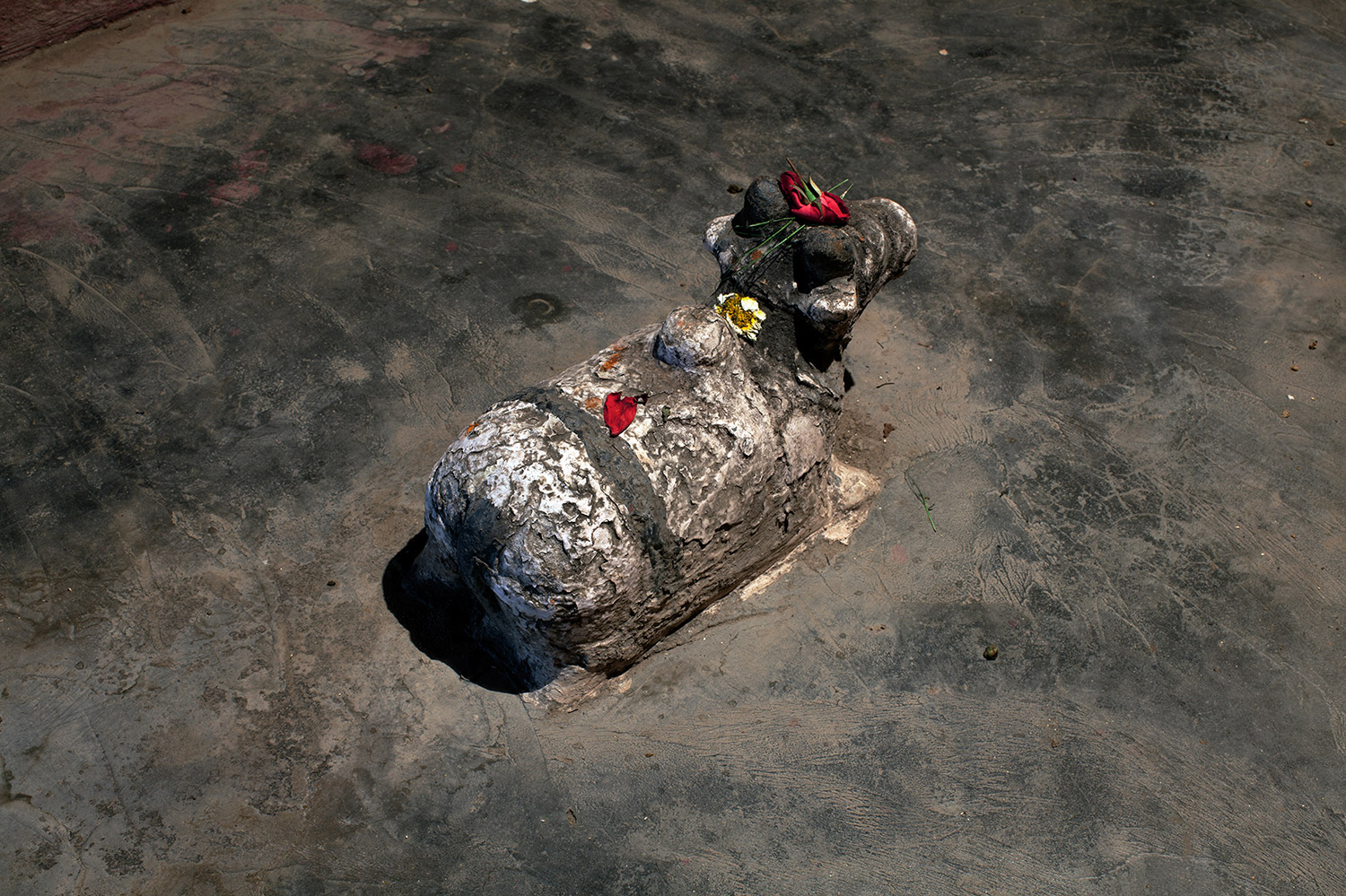
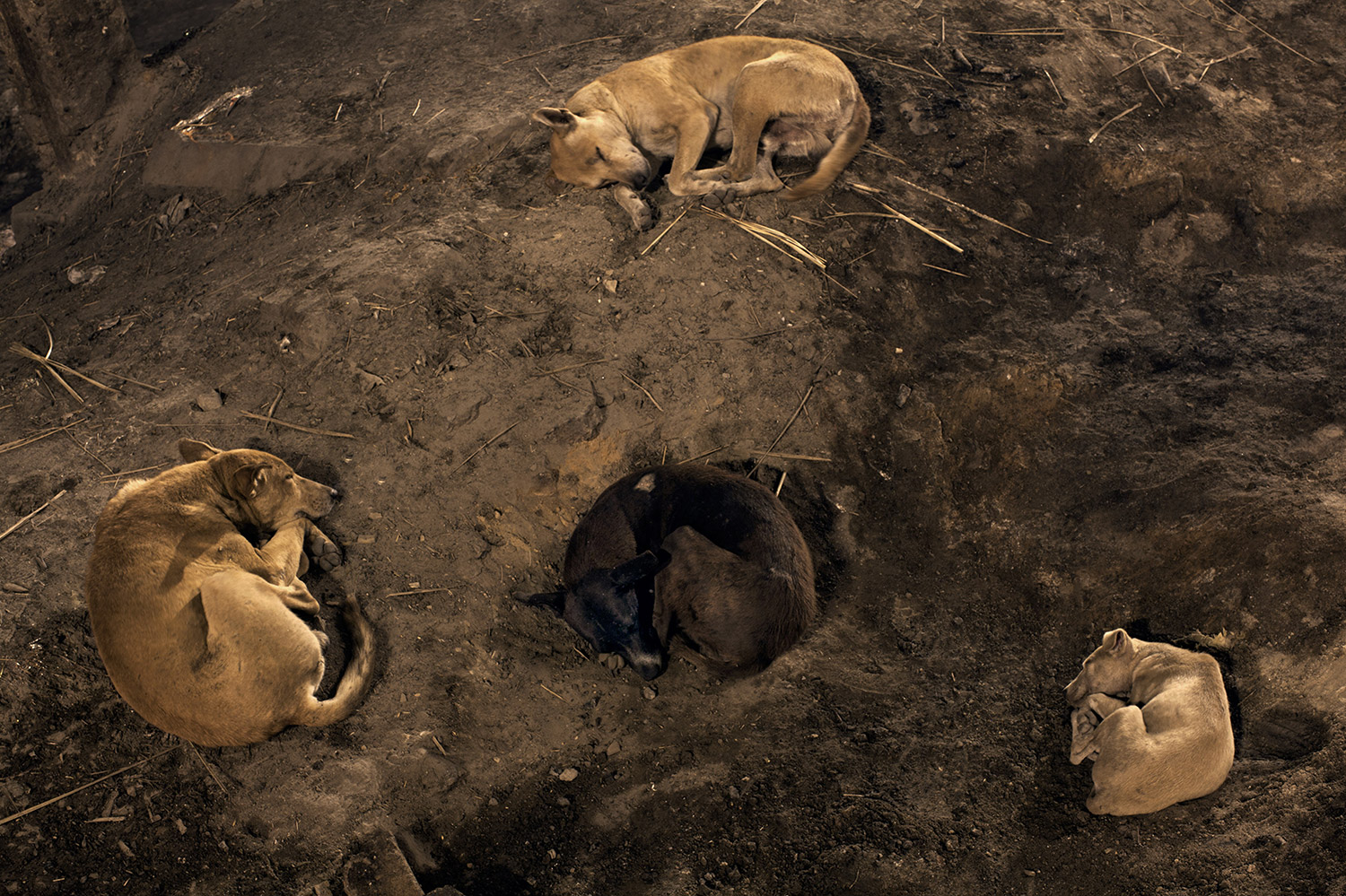
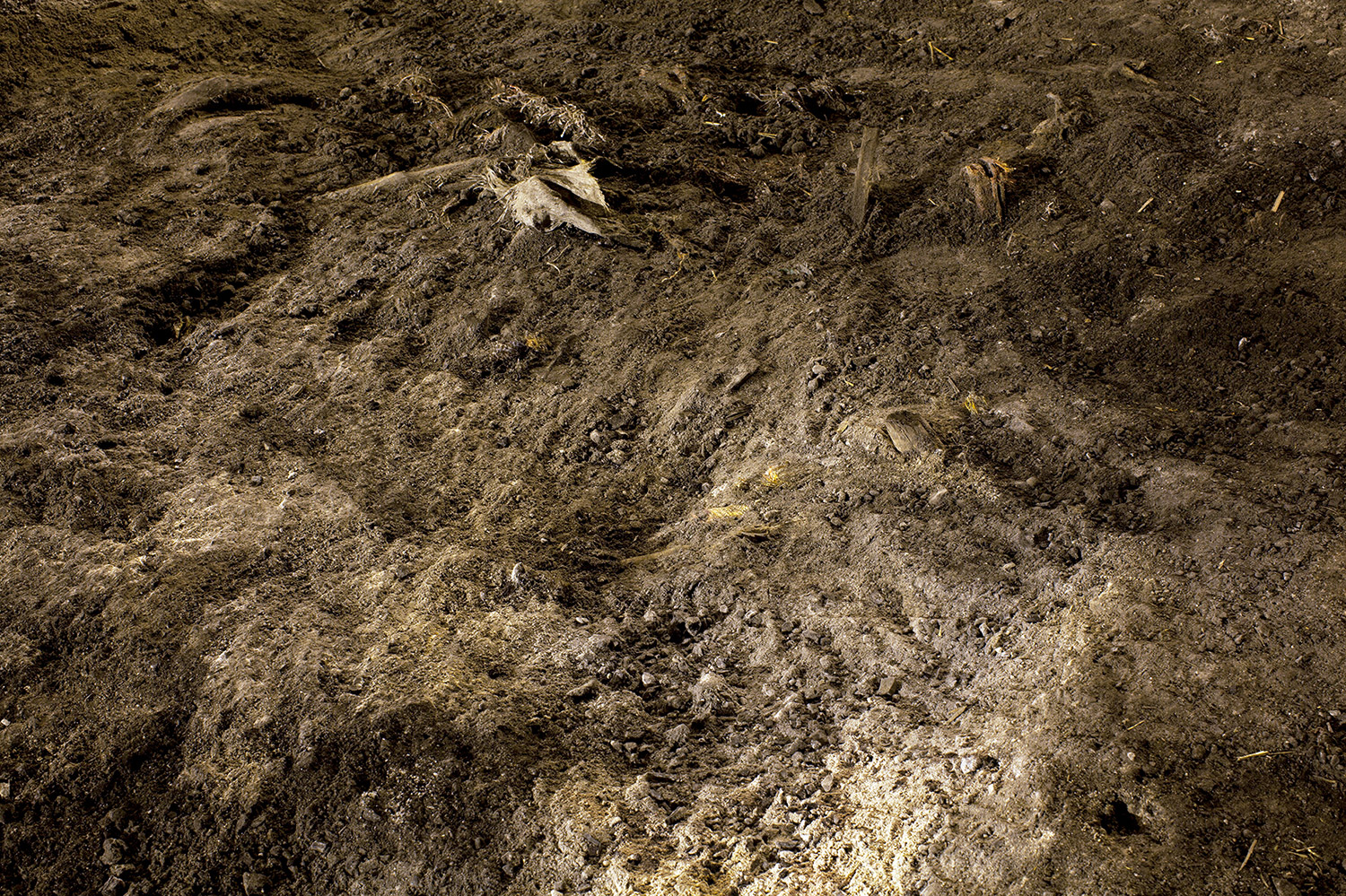
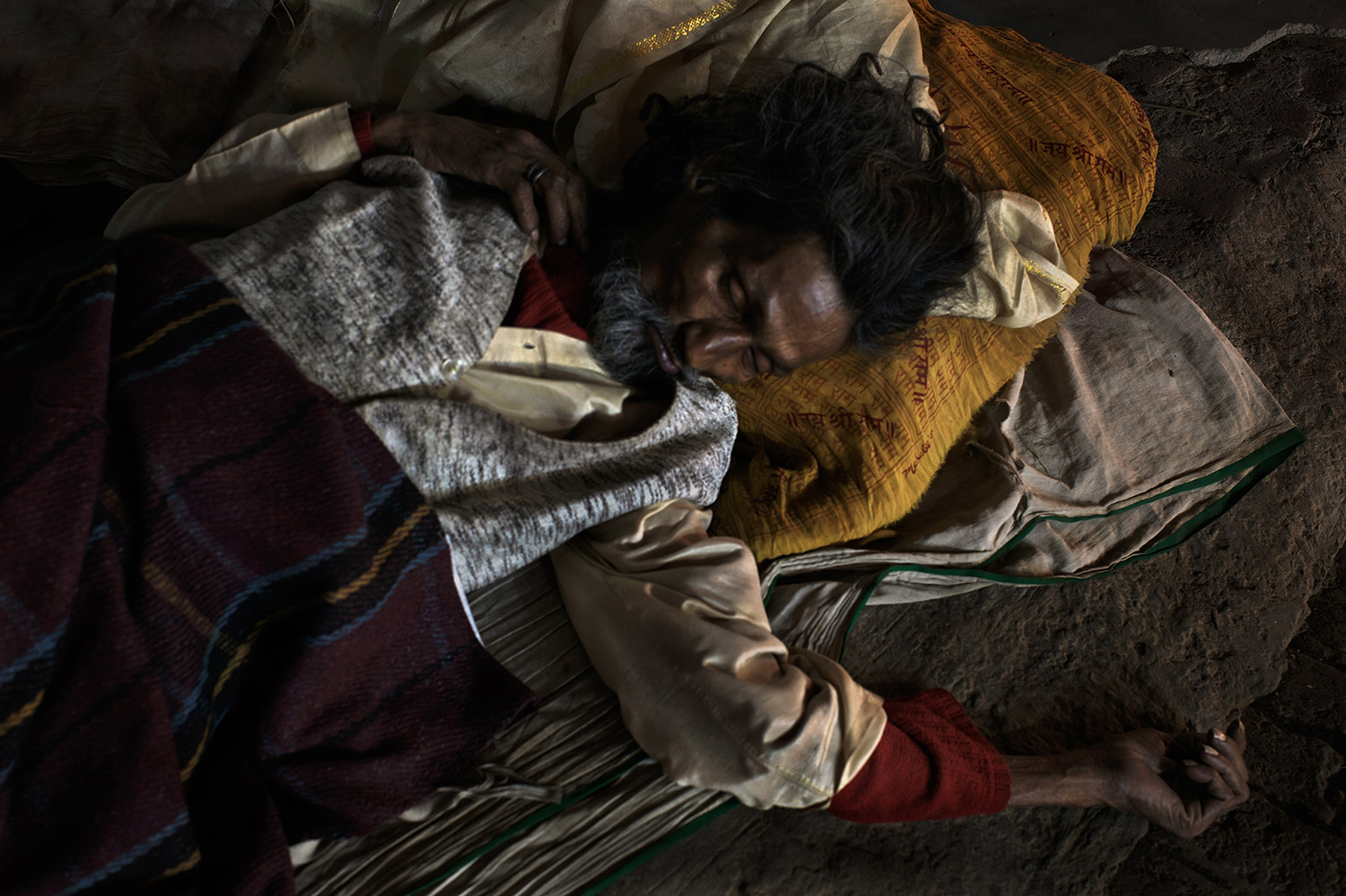
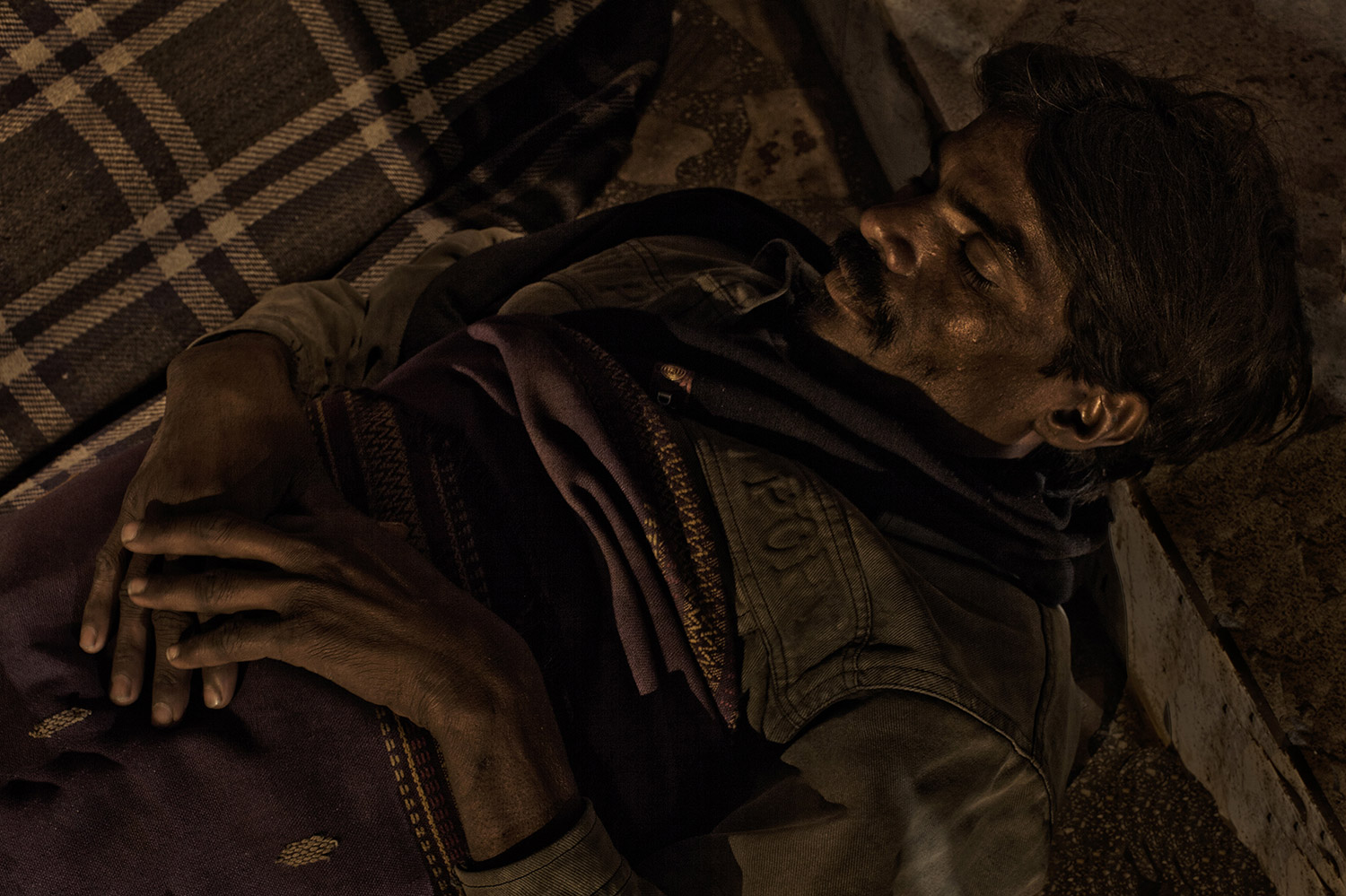
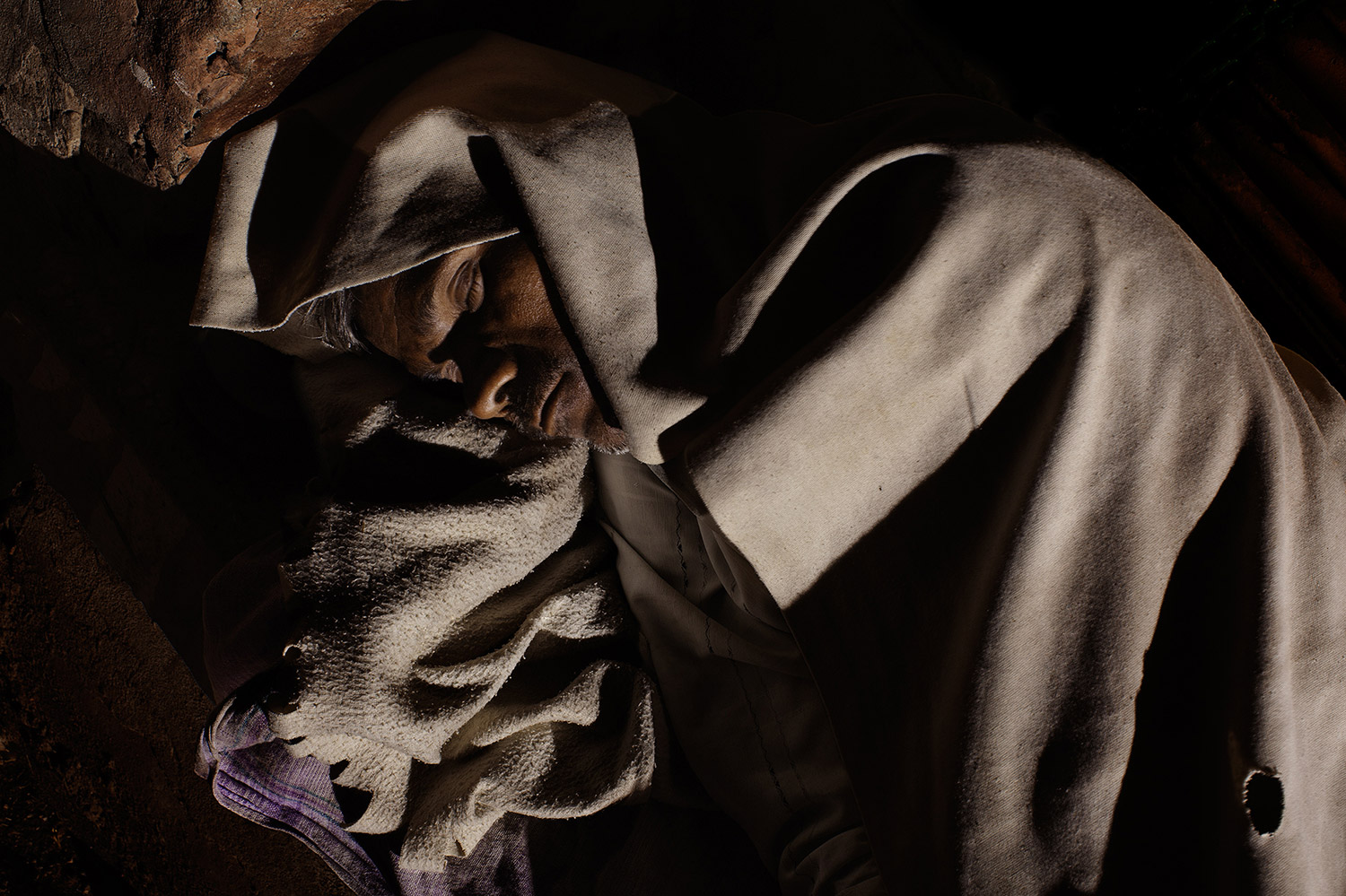
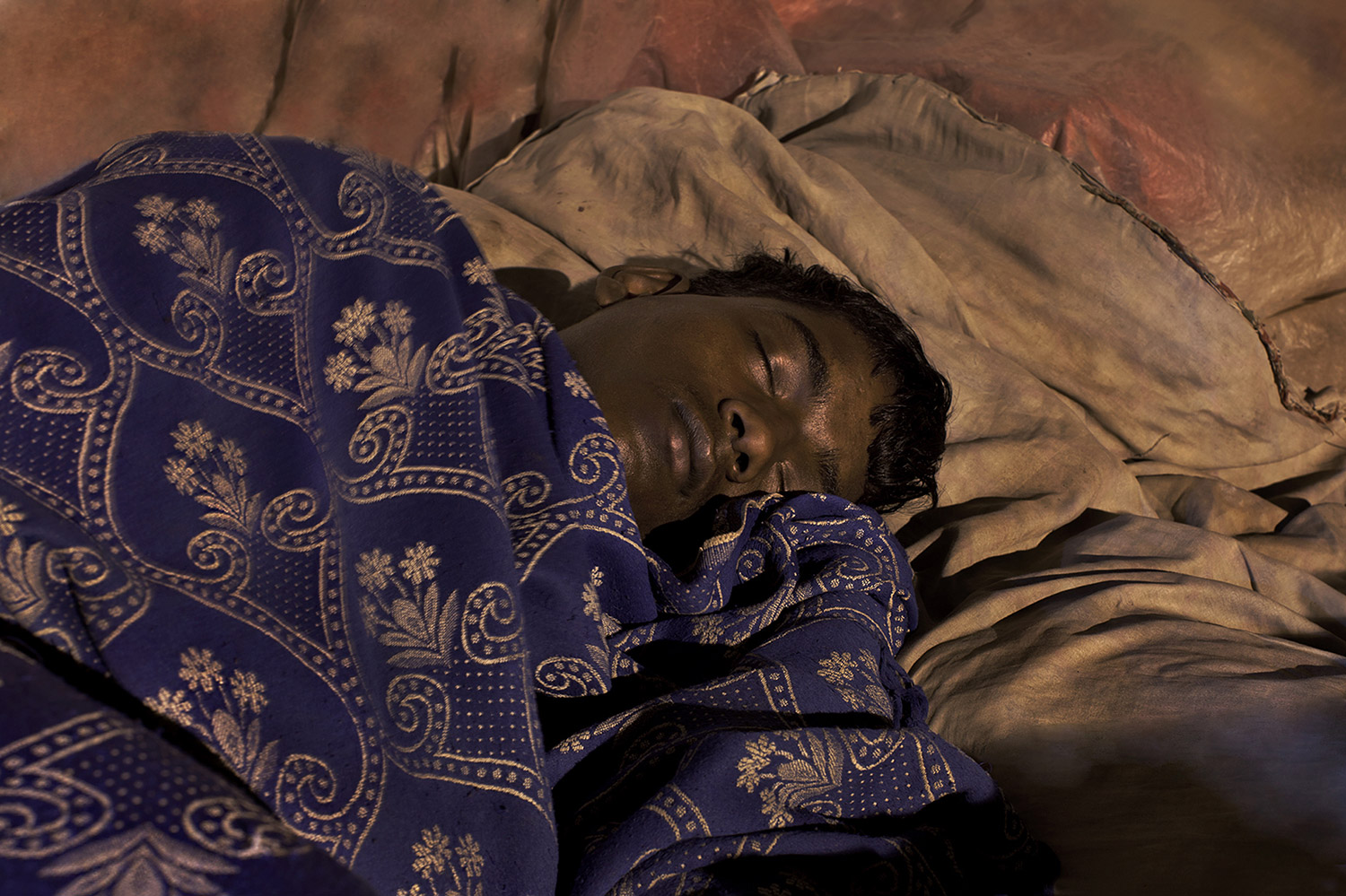
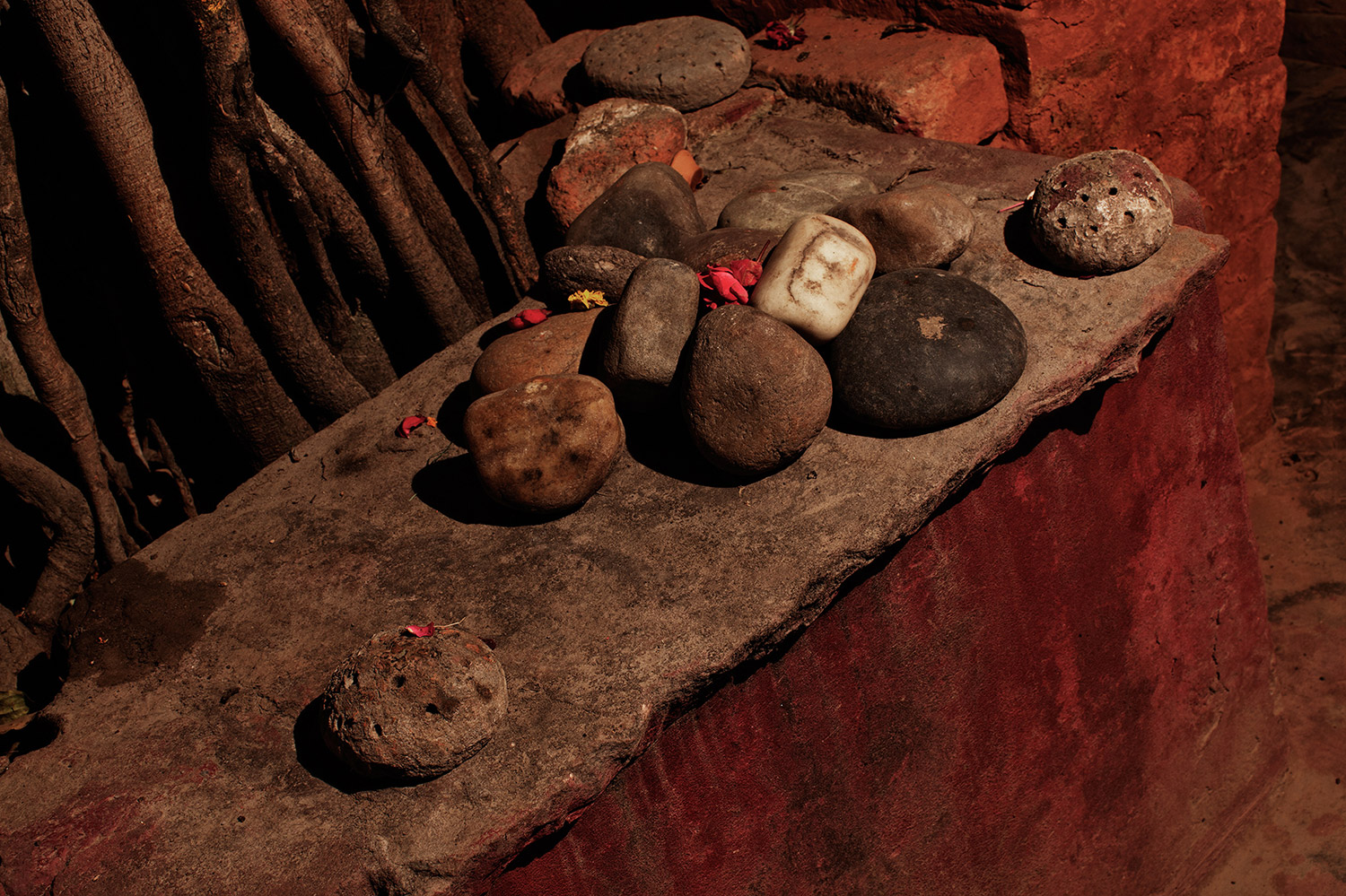
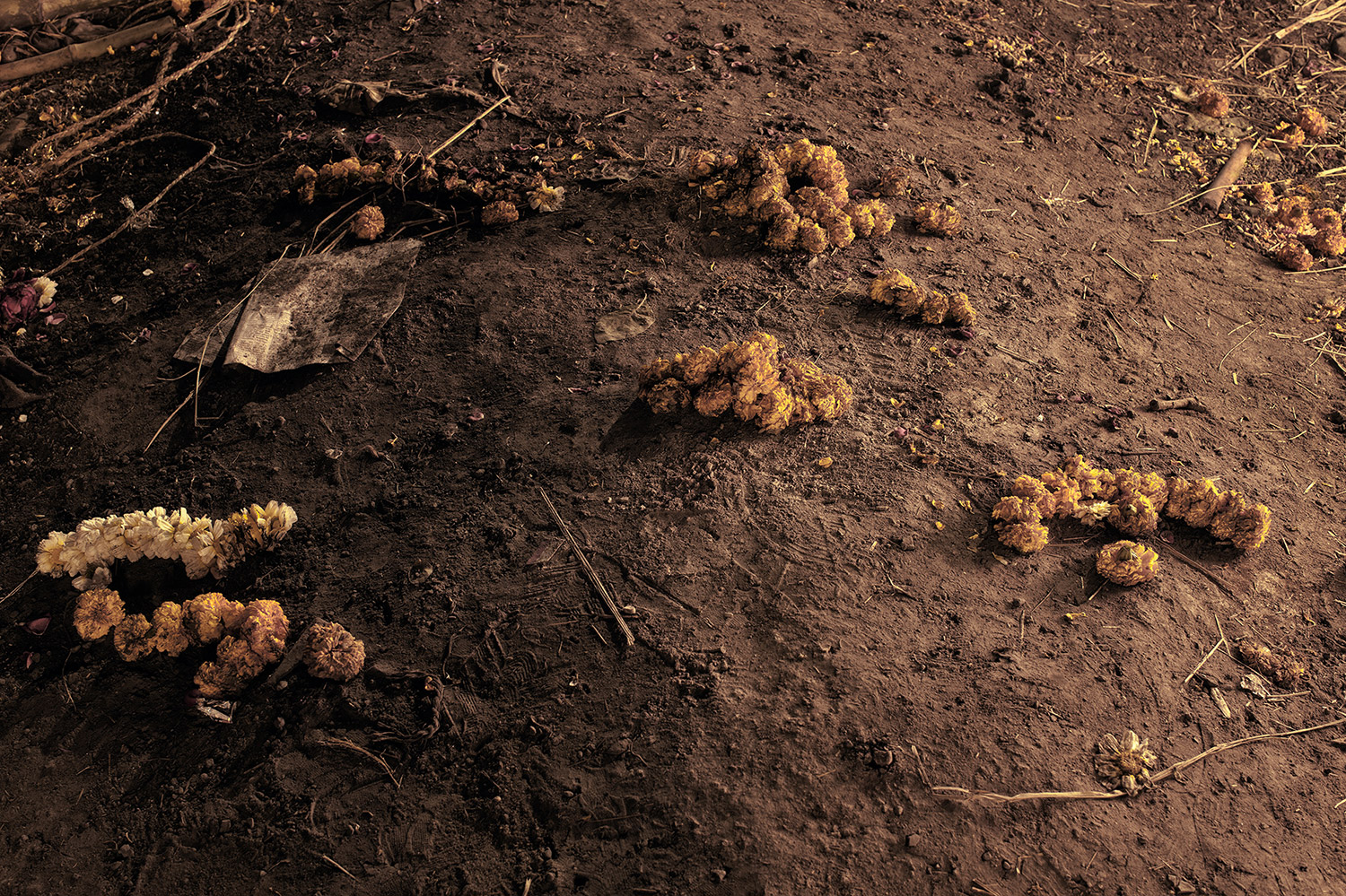
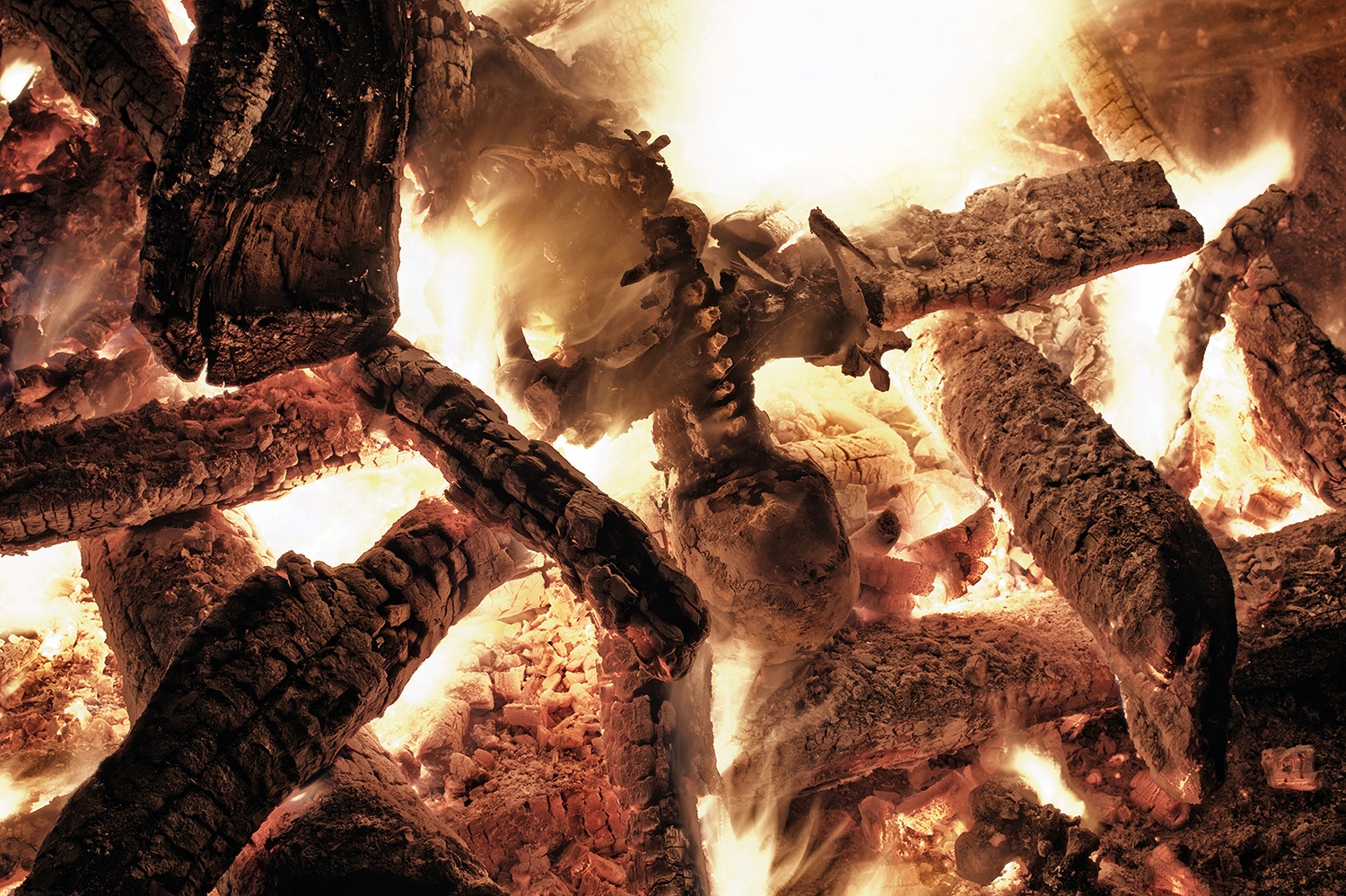

More Must-Reads from TIME
- Cybersecurity Experts Are Sounding the Alarm on DOGE
- Meet the 2025 Women of the Year
- The Harsh Truth About Disability Inclusion
- Why Do More Young Adults Have Cancer?
- Colman Domingo Leads With Radical Love
- How to Get Better at Doing Things Alone
- Michelle Zauner Stares Down the Darkness
Contact us at letters@time.com